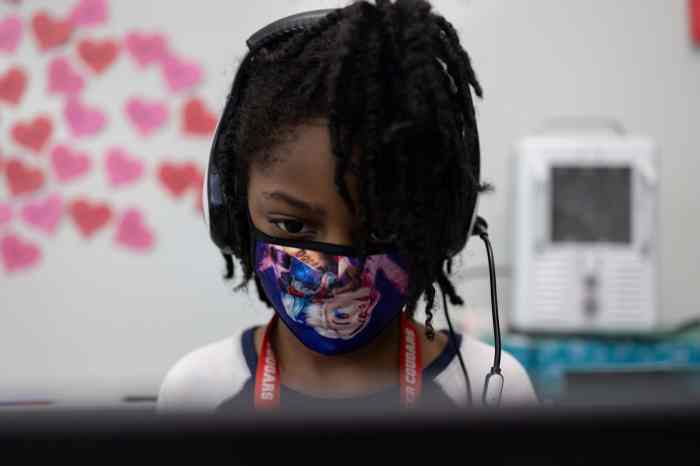College students, especially incoming freshmen, should make their mental health a priority and seek help if they need it.
Summer is coming to a close and freshmen will arrive on college campuses soon. Leading up to the big first day, students usually have a simple to-do list: pack their belongings, move into their dorm room, and register for classes of their desire as preparation. On this to-do list, however, preparing themselves mentally and emotionally for the transition is rarely present.
The transition from a student’s home/neighborhood to a college campus is not easy. Switching from an environment in which one’s parent(s) or guardian(s) are present 24/7 to cook and care for them to an independent adult lifestyle can take its toll. Managing tasks such as laundry, cleaning, transportation, and cooking for themselves when they are already juggling their classes and the social scene can certainly be overwhelming.
Often students do not realize that they are becoming overwhelmed until it is too late. “A lot of students reach out to me for help towards the middle or the end of their semester because the stress of their workload along with the high school to college transition is taxing,” says Mariah Hernandez, a DOE student counselor.
A Student Voice survey conducted by Inside Higher Ed and College Pulse analyzed the trends in 2,000 college students’ mental health over a span of several years and concluded that 22% of the undergraduate students studied were more likely to rate their overall mental health as “poor” versus only 9% rating it as “excellent.”
“I would not say I’ve noticed students are reaching out more for guidance in the last few years, but I will say I think it is crucial for students to do so. We are here to help them during the social, mental, and physical change that they experience during their first year,” says Hernandez.
Students should prepare their minds for the stark transition from high school to college by reaching out for advice from their elders, inquiring about the transition from their future college counselors, and by having a proper support system to lean on during their journey.
































